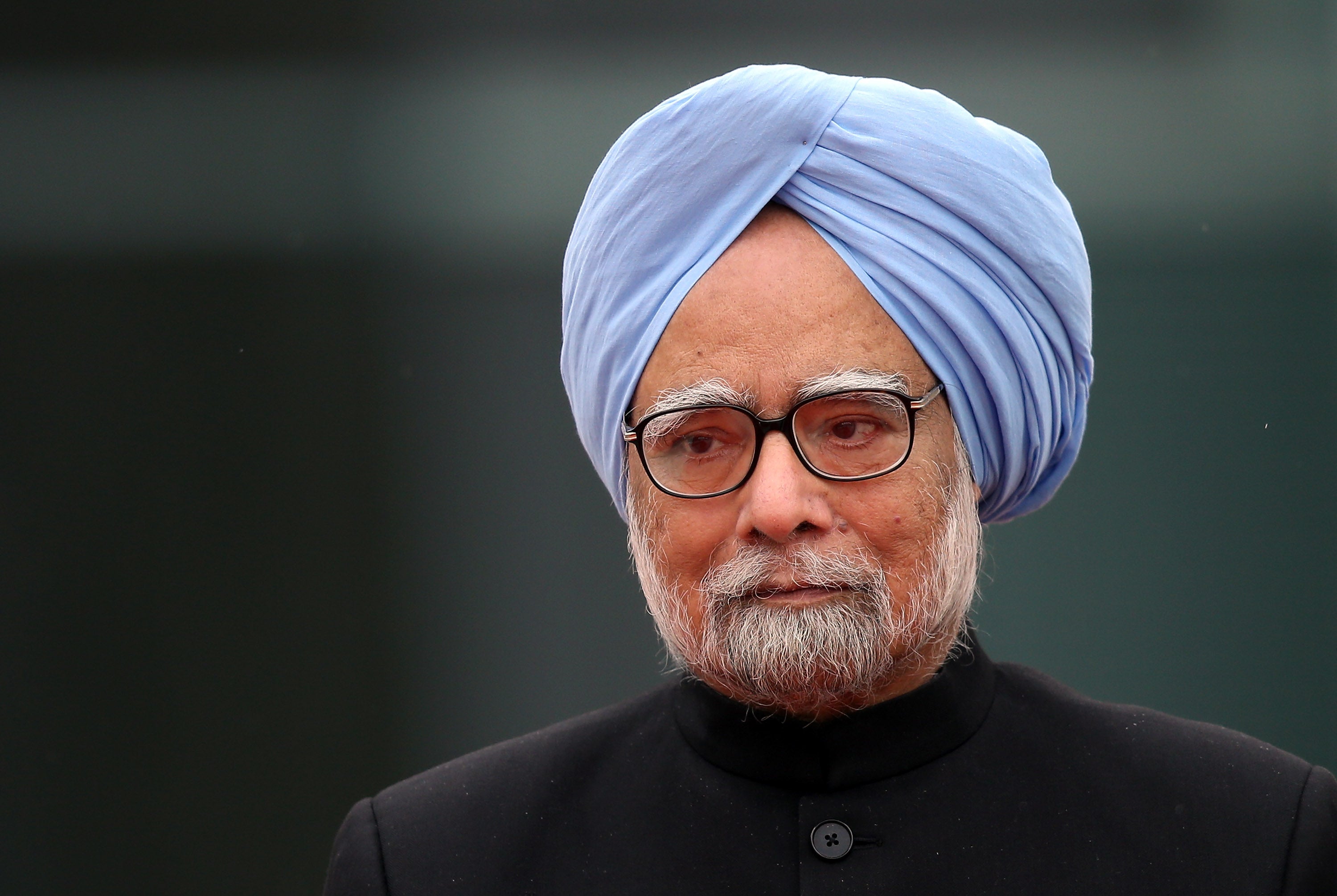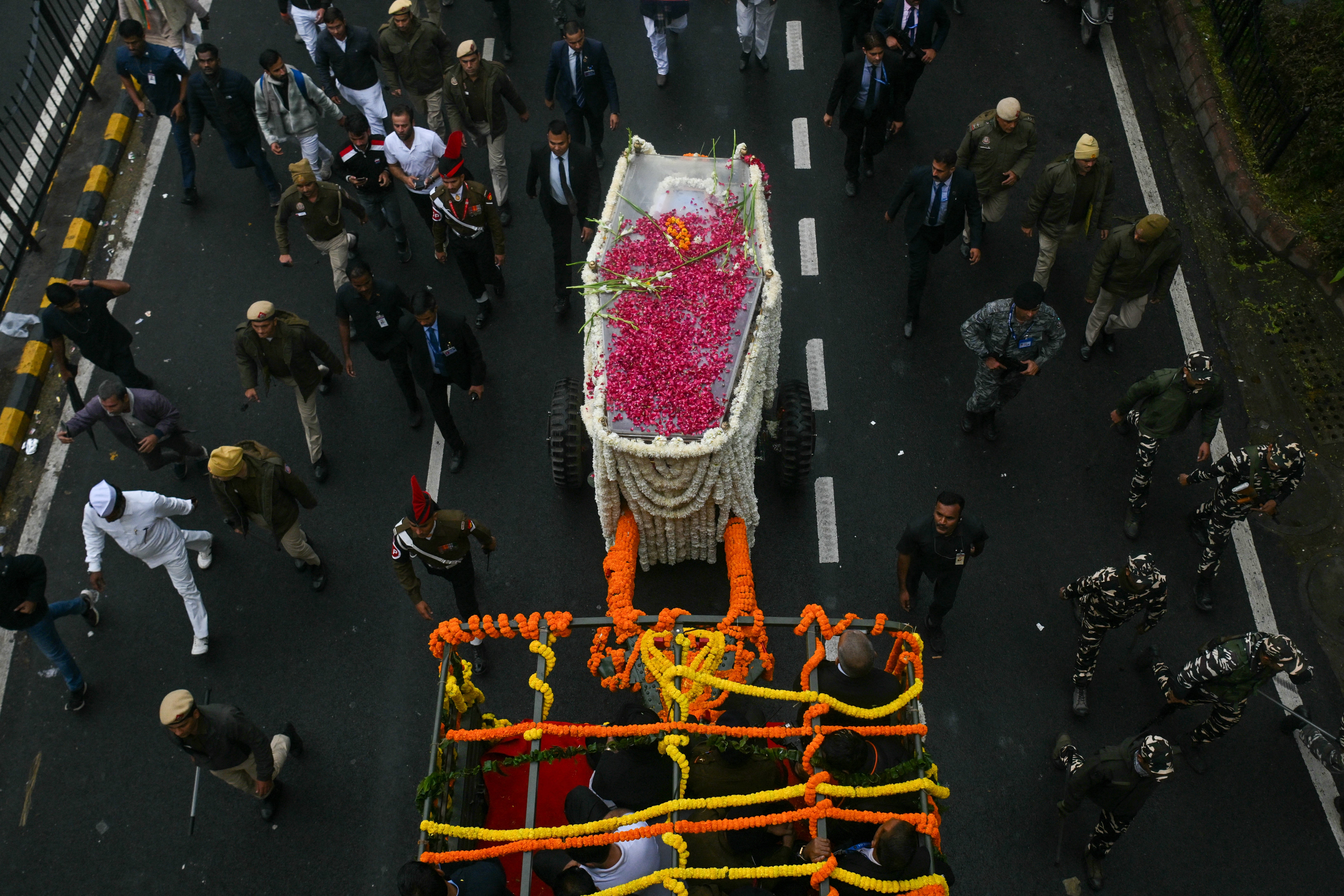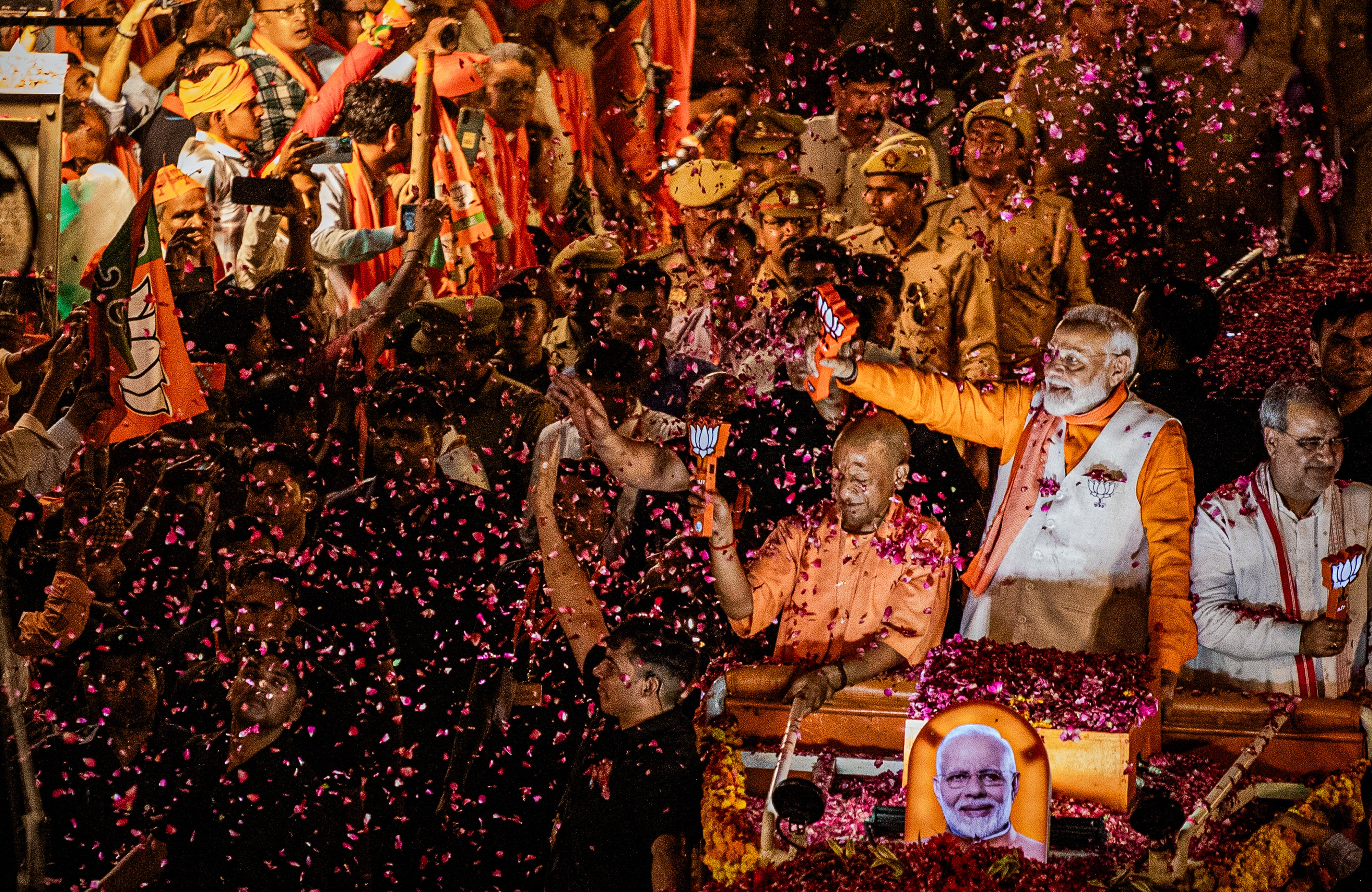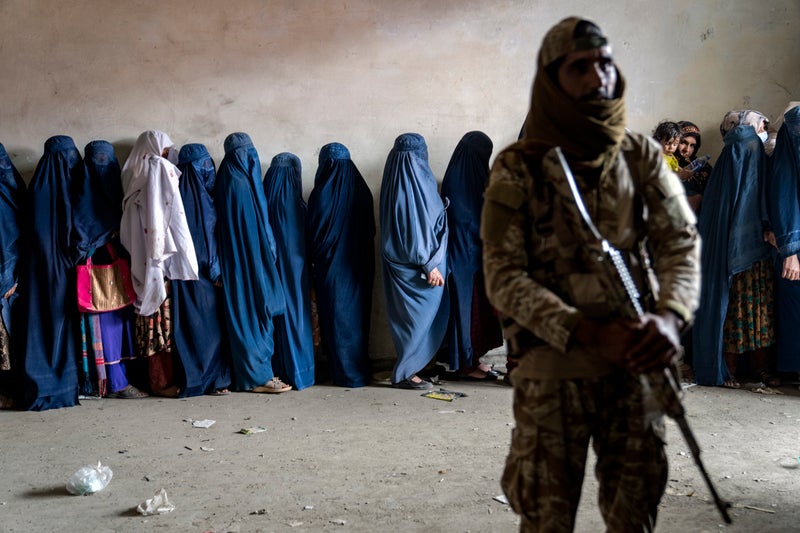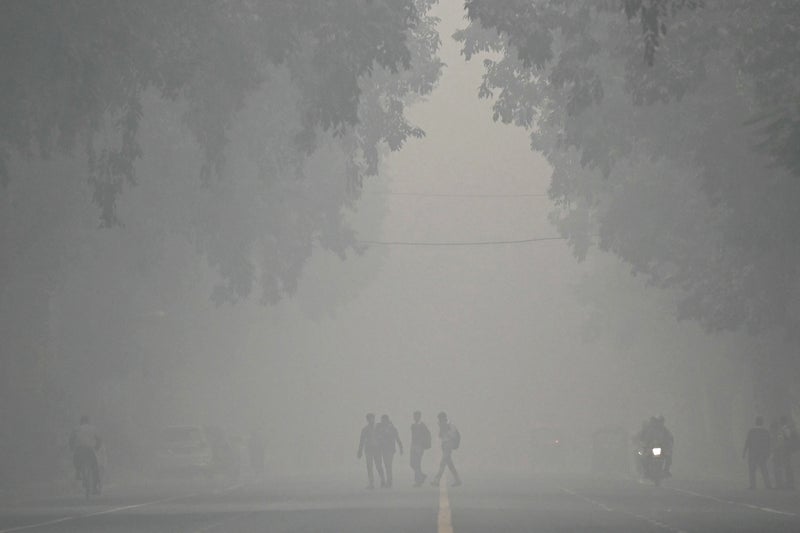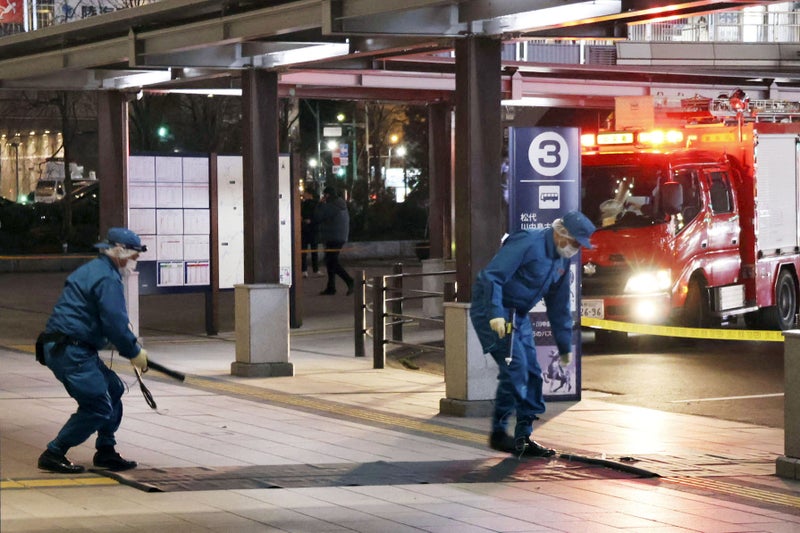Manmohan Singh: Reluctant prime minister and architect of India’s economic reforms
Share:
Indian and world leaders pay tributes. At his last press conference as India’s prime minister in 2014, Manmohan Singh predicted that “history will be kinder” to him than contemporary media and political opposition. History will indeed remember Singh as a mild-mannered, articulate and unassertive leader who pulled his country out of an economic crisis and led it through a transformative period.
![[Former prime minister of India Manmohan Singh attends the second working meeting of the G20 heads of state and government in 2013]](https://static.independent.co.uk/2024/12/27/06/GettyImages-179644459.jpg)
Singh died at a hospital in the national capital New Delhi on Thursday following a "sudden loss of consciousness at home”. He was 92. An economist by training, Singh is widely regarded as the architect of India's economic liberalisation programme, which revived a failing economy in the 1990s and lifted hundreds of millions out of poverty.
![[Sonia Gandhi, Rahul Gandhi and former prime minister Manmohan Singh at the Congress party headquarters]](https://static.independent.co.uk/2024/12/27/06/GettyImages-1146166166.jpg)
Giving his maiden budget speech as finance minister in 1991, Singh quoted French writer Victor Hugo: "No power on earth can stop an idea whose time has come.". “The emergence of India as a major economic power in the world happens to be one such idea,” he added.
![[Manmohan Singh took over the prime minister’s office in 2004]](https://static.independent.co.uk/2024/12/26/17/INDIA-MANMOHAN_SINGH-DECESO_53624.jpg)
His gamble to cut taxes, devalue the rupee and, most importantly, privatise public enterprises and open the insular country market to foreign investment etched his name in India’s history by giving new life to the economy. The deregulation paved the way for India to become one of the fastest-growing economies in the world and taught a generation of Indians to aspire for a materially better life.
Born on 26 September 2022 in a village in the Punjab province of British India, Singh's academic career took him to Cambridge University, where he earned a degree in economics in 1957, and then Oxford University, where he got his doctorate at Nuffield College in 1962.
